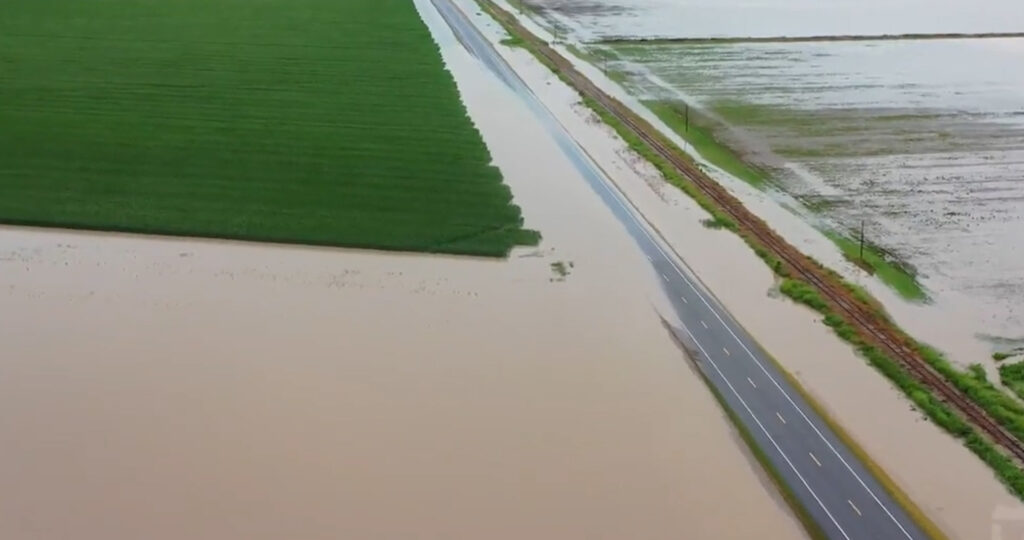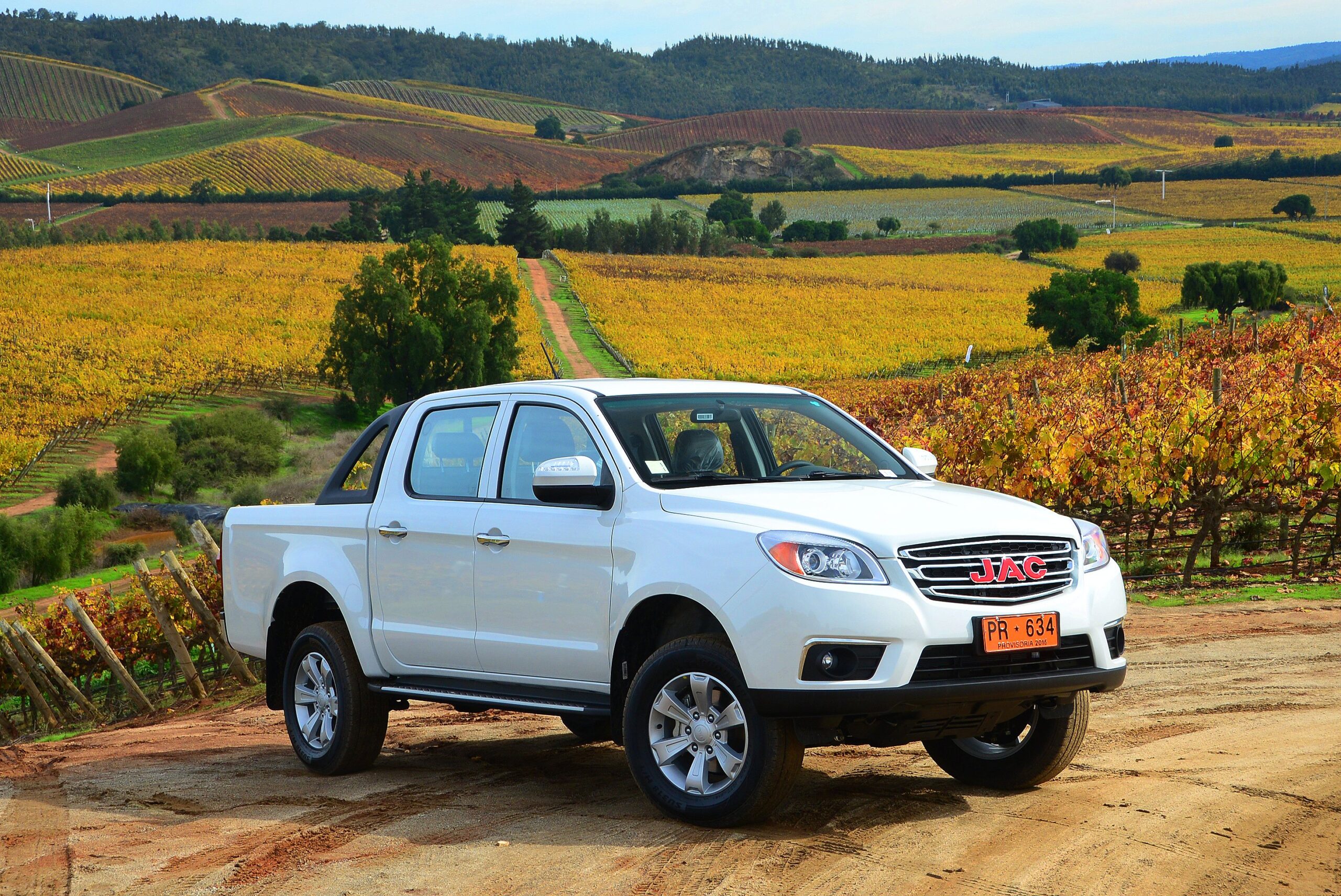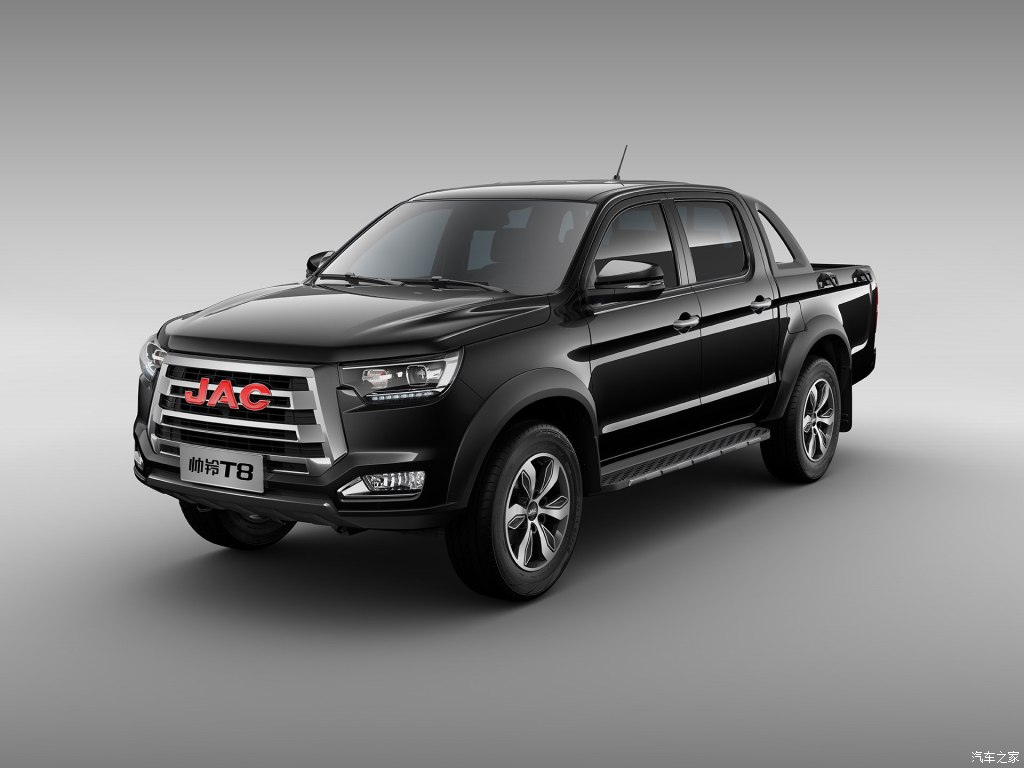

Six Tips to Help You Drive Safely through Flooded Roads in Nigeria
Each rainy season in Nigeria comes with its driving challenges, especially to car owners and motorists considering the notoriously bad roads and poor drainages. The rain this year has been MEGA! And the flooding that has happened so far has thus, been devastating to most Nigerian motorists who have suffered enormous losses and damages to their precious vehicles, even for the hypothetical best cars for Nigerian roads.
But hey, we are not going to let the flood rain on our parade. As Nigerians, we are social and we are entrepreneurial. Our hustles cannot be stopped. Not by the rain or any flood. So here are a few tips to guide you and your precious cars through the muddy waters of flooded streets and highways.
- PLAY IT SMART
Hey… before you drive into a flooded area especially on unfamiliar roads, it is important to hold on for a minute and watch other cars drive through the flooded road. This will help you spot the safest areas before you head into the road, it will also help you access the flood levels and make an informed decision.
If the flood level is likely to be higher than the level of the car engine, you might be better off seeking alternative routes. And in some cases, the current could even be too strong for your vehicle. Remember it is better to arrive late than never.
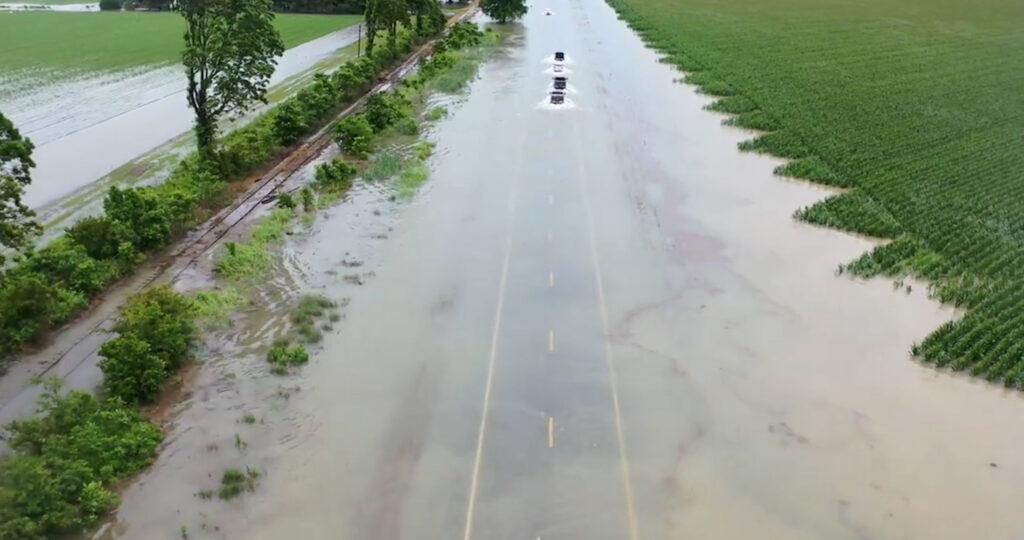
- TURN OFF THE AIR-CONDITIONER
Now, if you choose to proceed in the flood, then turn off the AC and ventilate your car by rolling down your windows to a secure level. The weather is cool anyways.
On a serious note, according to a blog article on Autoreport, many car compressors are located close to the ground in the engine bay and the flood could damage the electrical system of the AC such as clutch magnet, relays, wiring or switches.
So, this is both in your car’s best interest, as well as your wallet’s.
- DRIVE SLOWLY:
Driving through a flooded road is complicated as it is, you don’t want to make things worse by rushing through at a high speed or even revving the engine which might suck flood water in through the exhaust.
Slow down on speed. But don’t turn off the engine. Just proceed at a slow, steady, and even pace.
- KEEP TO THE CENTER OF THE ROAD
Don’t be tempted to slither across lanes while driving on a flooded road. According to this post from Autochek, ‘Being in the center of the road is the safest way to drive through flooded terrains as water tends to be most shallow at the center’.
Also, we mostly have open drainages at the sides of the roads in this part of the world, and with everywhere flooded, you won’t be able to tell where the road ends and the gully begins.
It is important to keep your wheels on solid ground.
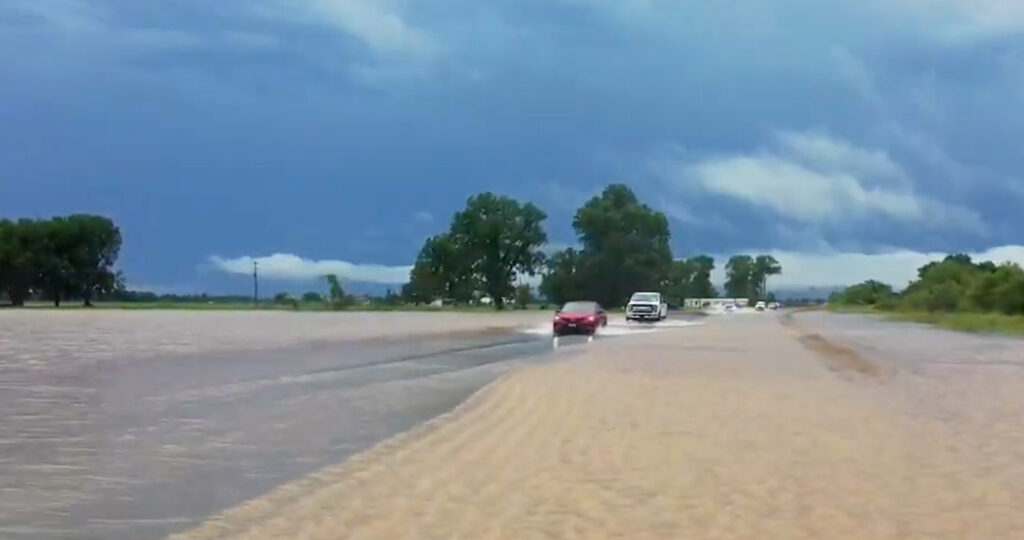
- PULL UP TO THE SIDE & CHILL:
Once you are free of the flood, pull up to the side and stop. But keep the engine running. It’s in the best interest of your car if you do not have to restart the engine at this time.
Also, the heat being generated by the running engine can help in quickly getting certain wet parts dry.
- GO AHEAD & REV
Finally, you can rev the engine. Do so for about 2-3 minutes while taking breaks in-between.
This is to push out all traces of water left in the exhaust without the risk of sucking it back in.
Here’s some BONUS tip:
DO NOT RESTART YOUR ENGINE WHILE INSIDE THE FLOOD
If your car stops in the middle of the road while still in the flood, do not attempt to restart your vehicle as this could damage your engine and possibly damage your connecting rods and valves. You’ll most likely have to tow it out of there.
There you have them. Quick tips to help you navigate through flooded roads. Remember your safety comes first before that of your car. Drive safely and be careful out there.
Add a comment Cancel reply
Recent Posts
Related posts


JAC Presents Exclusive Holiday Car Rental Offers

Winner of The Voice Nigeria Season4 Drives Home a Brand New JAC SUV

Ex-Super Eagles Coach, Bonfrere Jo, Hails Quality, Beauty of JAC Motors' Products
What We Do
Contact Details
- (+234) -017001741
- 14 Mobolaji Bank Anthony Way, Ikeja, Lagos, Nigeria
- customersupport @ jacnigeria.com

